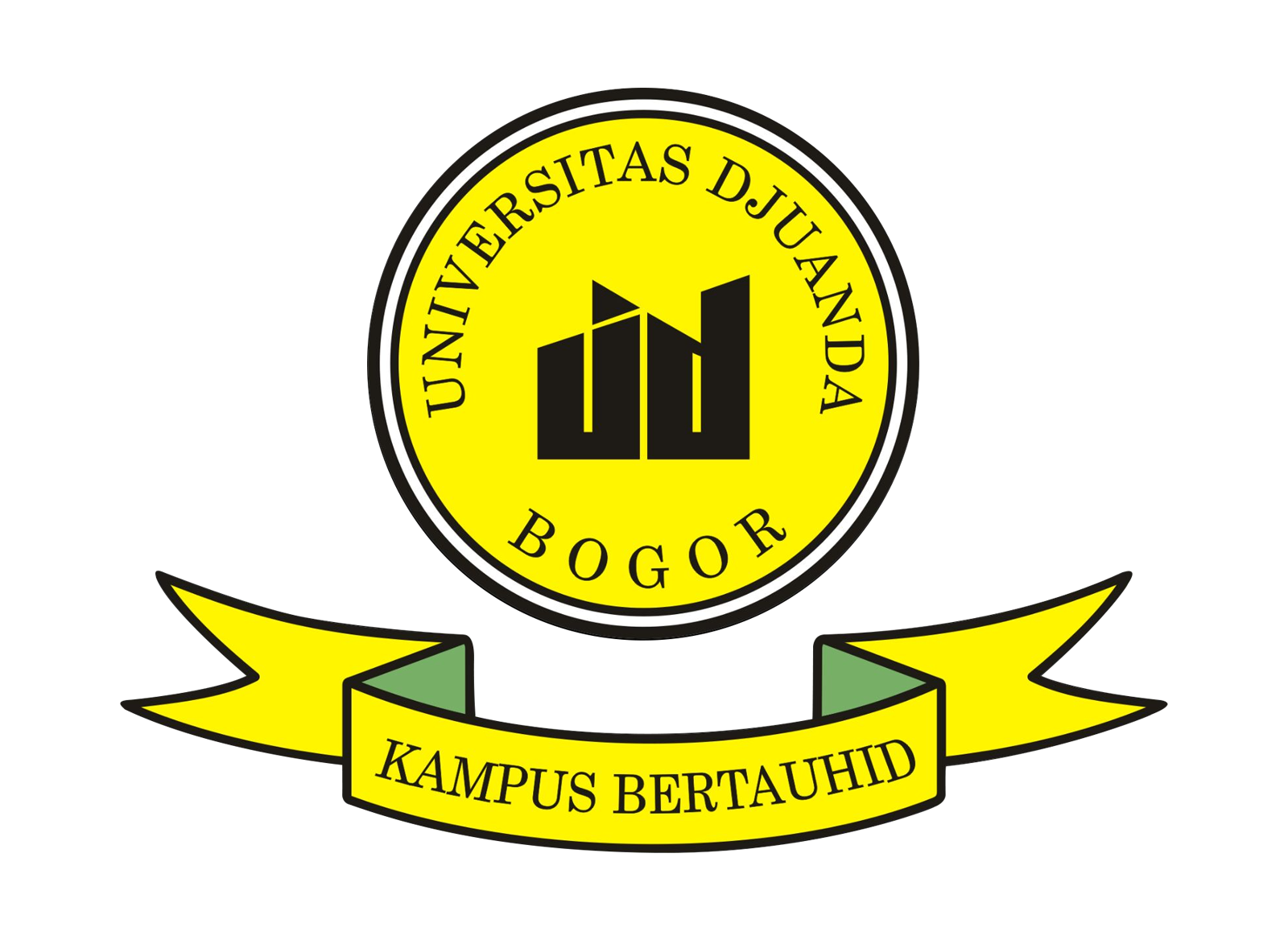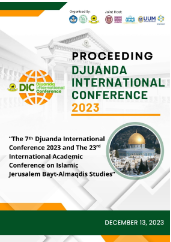ANALYSIS OF FACTORS THAT DETERMINE CHOICE OF ACCOUNTING STUDY PROGRAM IN UNIVERSITY
Keywords:
Decisions on choosing accounting program, psychological, social, reputation and expectationsAbstract
Background: The process of choosing and determining the right head of a higher education institution is not an easy matter, lack of information and ignorance of interests or talents often give rise to problems and regrets, including the quality of higher education not meeting expectations, not being able to attend lectures well because of not being interested in the field. choice, and unable to complete lectures.
Purpose: The aim to be achieved in this research is to find out, identify and explore what factors contribute to the decision to choose an accounting study program at the university level.
Methodology: The framework and direction used in this research is classified as causal associative research, namely research that looks for the relationship between the independent variable (X) and the dependent variable (Y). Meanwhile, the approach taken in this research uses a quantitative approach. Then the data sources analyzed in this research include primary data and secondary data with data collection techniques carried out using library research and field studies through interview mechanisms, observation, distribution of questionnaires and documentation processes.
Results: The results of the research show that individual factor variables have influence and significance in determining the decision to choose an accounting study program. Meanwhile, for social factor variables, study program reputation variables and career expectations variables do not partially influence the decision variable to choose an accounting study program. However, the results of the coefficient of determination show that there is an influence of variable x on y with an influence level of 58% and is included in the high category.

